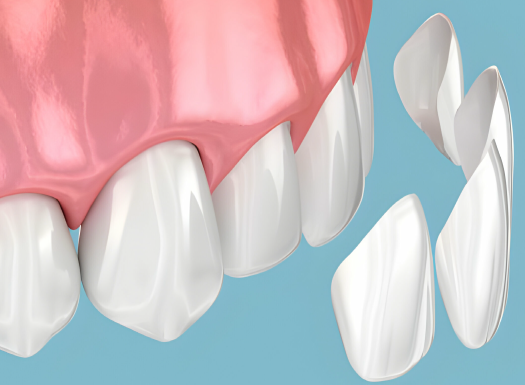

Happy smiles
Tooth bonding in Etobicoke
Get an affordable, minimally invasive teeth bonding for a healthier, happier smile.
We offer different advanced teeth bonding options and personalized plans that is tailored to meet your specific dental needs.
Book nowThorncrest Dental: Commitment to Quality
We are dedicated to providing top-quality dental care in a comfortable and welcoming environment. Our mission is to ensure that every patient leaves our clinic with a brighter, healthier smile.
A Comprehensive Guide to Teeth bonding in Etobicoke
Teeth bonding is a cosmetic dental procedure where a tooth-colored composite material is applied to your natural teeth to enhance their appearance. The material is shaped and polished to blend seamlessly with your other teeth, resulting in a natural-looking and aesthetically pleasing smile.

Who Might Benefit from Tooth Bonding?
- Individuals with chipped or cracked teeth
- Those with discolored or stained teeth
- People with gaps or spaces between teeth
- Individuals with misshapen teeth
- Those with uneven teeth
In the realm of cosmetic dentistry, dental veneers and bonding are two prominent procedures used to enhance the appearance of teeth. Both methods offer solutions for various dental imperfections such as discoloration, chips, gaps, and misalignment. However, they differ significantly in terms of application, longevity, cost, and suitability for different dental issues. This article provides a comprehensive comparison of dental veneers and bonding to help you make an informed decision.
Choosing Between Veneers and teeth Bonding
When choosing between veneers and bonding, cost is a significant consideration. Veneers are generally more expensive, with prices ranging from $800 to $2,500 per tooth, depending on the material and the dentist’s expertise. In contrast, dental bonding is more affordable, typically costing between $100 and $600 per tooth. However, the longevity and durability of veneers may justify their higher cost for some patients.
Both veneers and bonding can improve the appearance of teeth, but veneers usually provide a more natural and long-lasting result. Porcelain veneers, in particular, are known for their ability to mimic the light-reflecting properties of natural teeth. While bonding is effective, it may not achieve the same level of aesthetic perfection, especially for extensive or highly visible repairs.
Veneers are also more durable compared to bonding. Porcelain veneers can last 10 to 15 years with proper care, while composite veneers may last 5 to 7 years. Bonded restorations, on the other hand, typically last between 3 and 10 years. Additionally, veneers are more resistant to staining from foods and beverages, making them easier to maintain over time.
Choosing the right option for you? dental bonding vs dental veneers
Both dental veneers and bonding are effective cosmetic dentistry options that can enhance the appearance of your teeth and smile. Each method has its own set of advantages and drawbacks, making the choice dependent on individual needs, preferences, and financial considerations. Consulting with a dental professional is crucial to determine the best treatment option for your specific situation. They can provide personalized advice based on a thorough assessment of your dental health and aesthetic goals.
For those interested in long-lasting, stain-resistant, and highly aesthetic results, veneers might be the better choice. Conversely, for individuals seeking a quick, affordable, and minimally invasive solution, dental bonding could be the ideal option.

Teeth bonding vs veneers comparison table
Here’s a comparison table between teeth bonding and veneers:
Teeth Bonding
The bonding process is straightforward and usually completed in a single visit:
- Preparation: The dentist selects a resin color that closely matches the patient’s natural teeth. The tooth surface is then roughened and a conditioning liquid is applied to help the bonding material adhere.
- Application: The resin material is applied, molded, and smoothed to the desired shape. The dentist uses a special light to harden the material, which is then further shaped and polished to match the natural tooth surface.
Veneers
The bonding process is straightforward and usually completed in a single visit:
- Preparation: To make room for the veneer, a small amount of enamel (usually about 0.5 millimeters) is removed from the tooth surface. This step is crucial as it ensures the veneer adheres properly and aligns seamlessly with the surrounding teeth.
- Impression and Fabrication: An impression of the prepared tooth is taken and sent to a dental laboratory where the veneer is crafted. This process may take a few weeks.
- Cementation: Once the veneer is ready, the dentist checks its fit and color. The tooth is then cleaned, polished, and etched to enhance the bonding process. A special cement is applied to the veneer, which is then placed on the tooth. A curing light is used to harden the cement quickly.
Get the smile you deserve
Book your tooth bonding appointment now

Why Choose Thorncrest Dental for Teeth Bonding in Etobicoke?
At Thorncrest Dental, we offer the best teeth bonding services in Etobicoke. We listen to your concerns and goals to create a personalized treatment plan for your ideal smile. Our experienced and highly-rated dentists use proven technology and materials to deliver the best possible results.
We provide:
- Affordable Care: Competitive prices without compromising on quality.
- Minimally Invasive Options: Teeth bonding can be completed in a single appointment and conserves your natural teeth.
- Personalized Treatment: We tailor each treatment plan to meet your unique needs and goals.
Frequently asked questions about teeth bonding in Etobicoke
Is teeth bonding painful?
No, teeth bonding is not painful. A local anesthetic is used to ensure comfort during the procedure.
How long does the teeth bonding procedure take?
The procedure typically takes 30 to 60 minutes per tooth, depending on the case’s complexity.
How long does teeth bonding last?
Teeth bonding can last between three to ten years, depending on your oral hygiene and care habits. Regular checkups and cleanings can help extend the life of your bonding.
Can I eat and drink normally after teeth bonding?
Yes, you can eat and drink normally, but avoid chewing on hard objects like ice or pens to prevent damage to the bonding material.
Is teeth bonding covered by insurance?
Teeth bonding is usually considered a cosmetic procedure and is not typically covered by insurance. However, we offer affordable payment options to make the procedure accessible.
.

Limited time: Our dental bonding consultation is only $60
